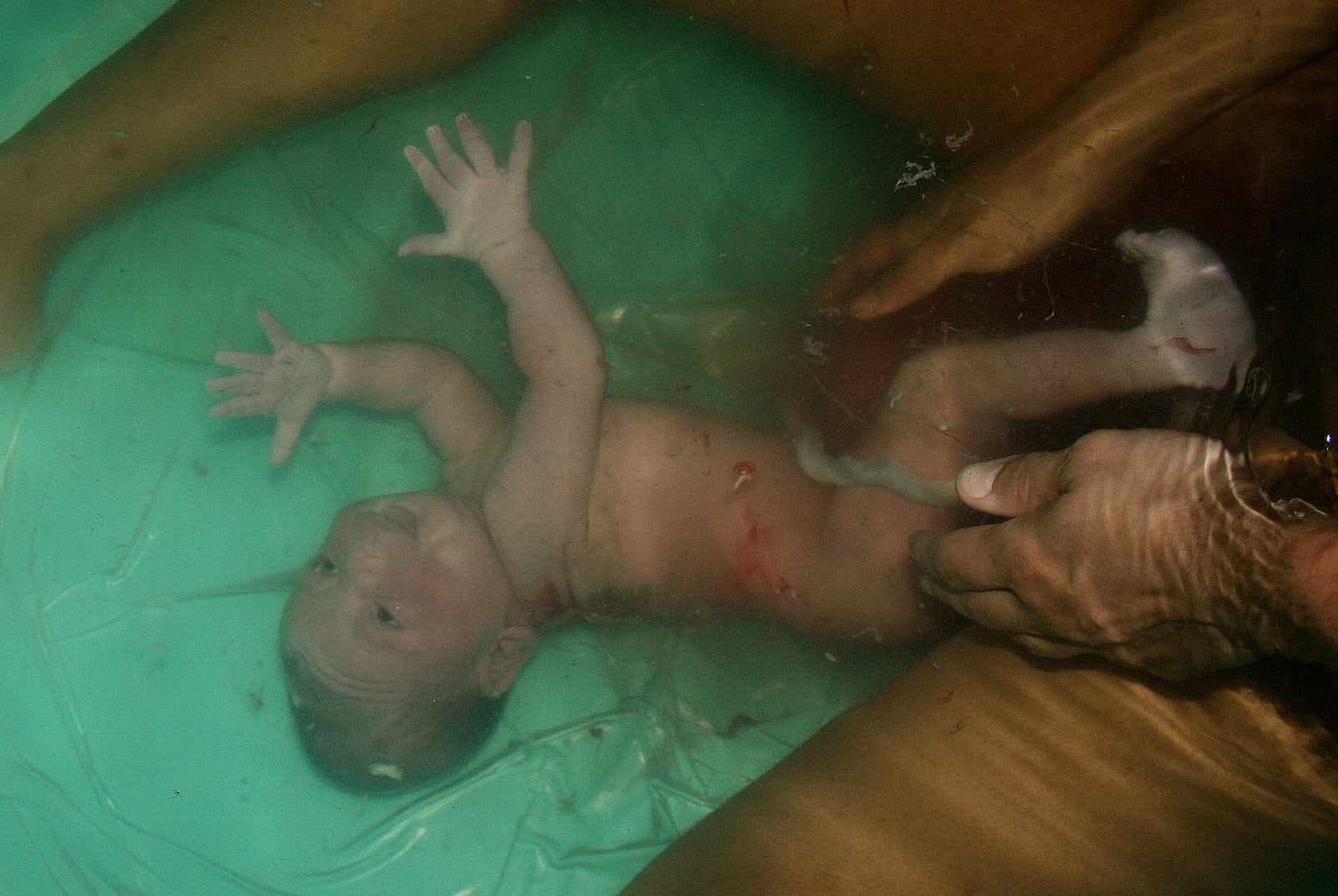
MA Midwifery Law Surrounding Homebirth
Massachusetts Home Birth Midwives Licensing Requirement Now in Effect
One of the saddest days of my lifetime, on August 23, 2024, the Governor of Massachusetts signed Chapter 186 of the Acts of 2024 into law—officially titled An Act Promoting Access to Midwifery Care and Out-of-Hospital Birth Options. Honestly, that title feels incredibly misleading. This legislation establishes the Board of Registration in Midwifery under the Department of Public Health (DPH). [Link to bill: https://malegislature.gov/Bills/193/H4999]
I was heartbroken beyond words to see this bill pass, but let me start by saying, I’m still here and I will still be serving families through their birthing journeys. The decision to license homebirth midwives in Massachusetts was made behind closed doors, where the discussions were dominated by politicians—mostly white, male, and wealthy—who have no direct experience in midwifery. Not a single midwife was included in those final deliberations. Instead, the usual political bargaining took place, influenced by lobbyists, medical associations, and organizations with deep pockets. And as is too often the case in America, the people with the most time and money held the most sway. I feel sickened over it. Many of us do.
Now, it’s done. It’s law. And my heart goes out to birthing people because this legislation brings a wave of restrictions that will impact their ability to make autonomous decisions about their own bodies. The newly established Board of Midwifery will be tasked with creating the rules and regulations that dictate who is and who isn’t allowed to give birth at home.
The bill itself is about 50 pages long, buried within which are provisions covering various topics: lactation consultant licensing, insurance coverage for one postpartum home visit, mandatory postpartum mood disorder screenings, donor milk access, birth center regulations, fetal and infant mortality reviews, and even a digital resource center for perinatal mood and anxiety disorders. Among all of that, about 15 pages are dedicated to the licensing of home birth midwives. And yet, nowhere in those pages does it state that public or private insurance must cover home birth.
Key Concerns in the Law:
- Composition of the Board of Midwifery (Page 5):
The board will operate under the DPH and will include five midwives—appointed by the governor—alongside an obstetrician, a maternal-fetal medicine doctor, and a consumer representative. This board will have the power to dictate regulations, oversee licensing, investigate complaints, and impose disciplinary measures on midwives. It’s worth noting that the Massachusetts Board of Nursing, which has 17 members, includes only one physician. Meanwhile, Maine’s Board of Nursing doesn’t include any physicians. So why does Massachusetts require a physician-heavy board to oversee midwives? The level of medical oversight here is glaring. - Restricting Birth Choices (Pages 26, 32, 33):
The law repeatedly refers to “low-risk” pregnancies, though it doesn’t explicitly define what qualifies as “low-risk.” However, the phrasing suggests that births beyond 42 weeks or those involving breech babies may now be automatically considered too “high-risk” for home birth. This could severely limit options for many birthing people. - Malpractice Insurance (Page 29):
The final version of the law states that the Board of Midwifery “MAY” require midwives to carry malpractice insurance. While this means it’s not an immediate requirement, it leaves the door wide open for future mandates—something that could drive up costs and force midwives out of practice. - Exclusionary Licensing Requirements (Page 30, 47):
The only pathways to becoming a licensed midwife in Massachusetts now require either:- A Certified Professional Midwife (CPM) credential through an expensive, MEAC-accredited midwifery school.Completion of an apprenticeship and obtaining a MEAC-accredited CPM credential. A license from another state with similar education and training requirements.
- Criminalization of Unlicensed Midwifery (Page 31):
The law explicitly prohibits midwives from practicing without a license, stating that legal action does not require proof of harm—only proof that a midwife is practicing without a state-issued license. There’s also protection for those who report midwives to the board, shielding them from liability. This creates a culture of surveillance and enforcement rather than support. - Medicaid & Insurance Coverage (Pages 34-43):
While Medicaid and MassHealth must now cover services like non-invasive prenatal testing, postpartum depression screenings, donor milk, doula care, and postpartum home visits, there is zero mention of requiring coverage for home birth itself. This means that even with licensing, financial barriers to accessing midwifery care remain firmly in place. - Government Task Force on Maternal Health (Page 45):
The law establishes a task force on “maternal health access and birthing patient safety.” While improving maternal health sounds like a positive goal, history has shown that when government task forces focus on reproductive health, the results often involve increased oversight and decreased bodily autonomy. - Control Over Midwifery Leadership (Page 47):
Any midwife appointed to the Board of Midwifery must have a Certified Professional Midwife credential from a MEAC-accredited program. This excludes midwives with extensive experience who obtained their CPMs through other avenues. It effectively reinforces a hierarchy where only certain midwives—those trained in a specific, expensive system—are deemed worthy of leadership. It’s hard not to see the echoes of the past, when midwives were dismissed as “dark, dirty, ignorant, untrained, incompetent women.” This law codifies a system where some midwives are deemed more legitimate than others, regardless of experience or skill.
Final Thoughts
I see no benefit whatsoever to midwives in Massachusetts being licensed under this law, and I feel this law especially harms women who seek autonomy and freedom of choice in their births. I see is a future where birth choices are more restricted, experienced midwives are pushed out of practice, and families lose access to the care they deserve. This isn’t about promoting midwifery. It’s about controlling it. And ultimately, it’s about controlling birthing people’s choices.
How will I continue on this path of serving women, babies, and their families? I will stand unwavering for freedom, walking alongside women with love and support as they navigate the sacred journey of bringing life into the world. I will be your sister, your neighbor, your friend, and your advocate.
I will witness you catch your own baby, check your own blood pressure, monitor your own well-being, and make the choices that are right for you—even in these uncertain and deeply troubling times. When possible, I will work under the supervision of licensed midwives, for those whom the system still permits….and I’ll feel forever sad for those I can not serve that way who wanted the right to midwifery care, yet lack the necessary circumstances under the law to be afforded this.
I will share stories—my own and those of others. I will connect you with resources, support networks, and wisdom that has stood the test of time. And at every opportunity, I will remind you: You are a free and sovereign being. No law can strip you of your right to birth at home, on your terms. You make your own choices and you can have any support person by your side, even if she will never catch your baby or do any medical thing the law forbids.
I grieve for those who, under this new law, will no longer have the legal right to midwifery care while birthing at home. But even so—stay free, sisters.
“The most important thing a woman needs during labor is not a set of medical tools and interventions, but the presence of someone who believes in her.”
– Khadijah Cisse, Midwife

